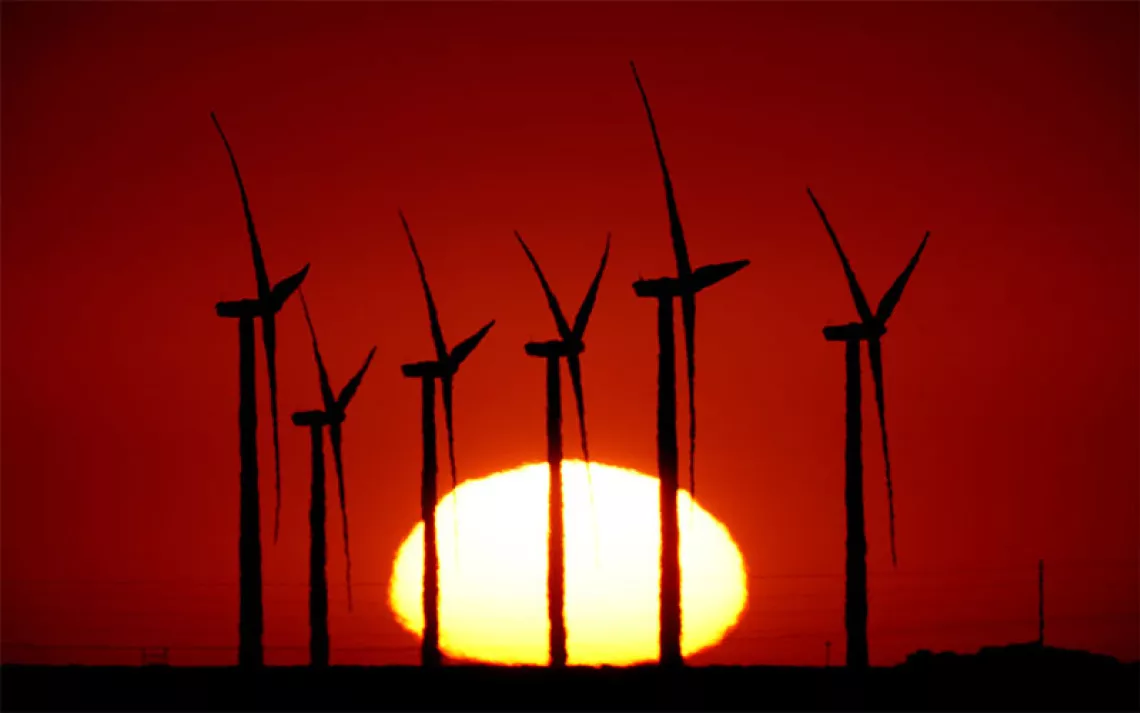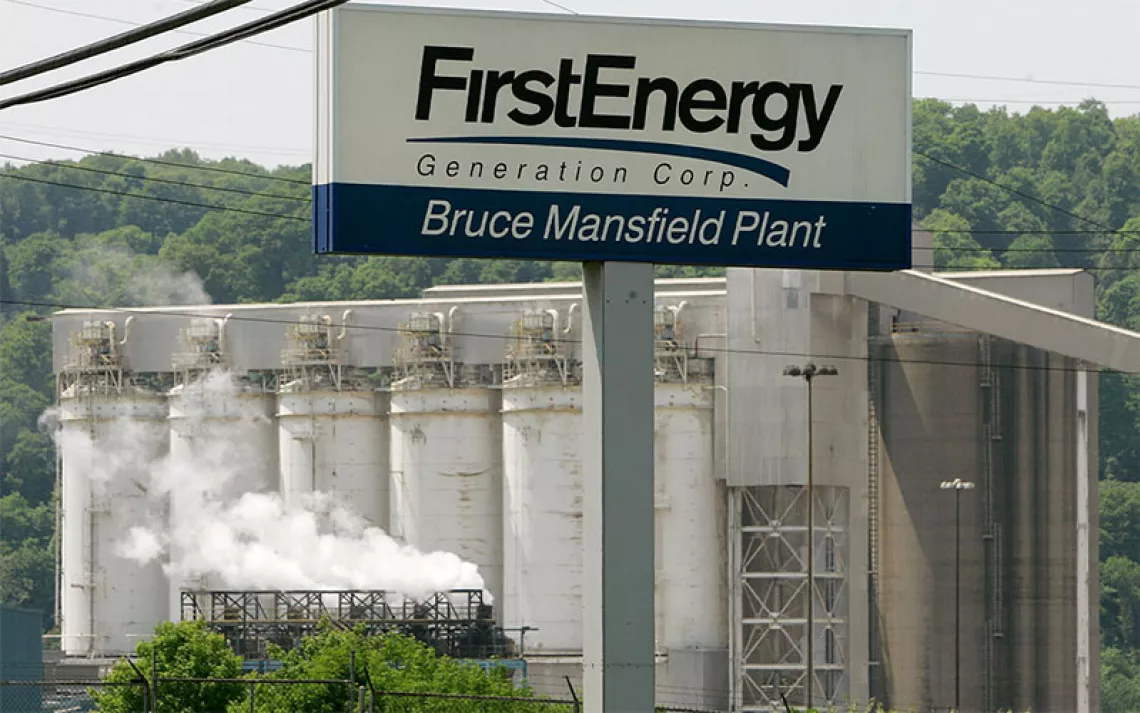Jason Carney Is a Solar Evangelist
The founder of Energy Electives spreads the good news about solar energy

Jason Carney, founder of Energy Electives | Photo by Jon Cherry
I own my own company. I install solar systems and do weatherization. But I'm one of the few African Americans who do this. The Solar Foundation reported that zero percent of the solar workforce in Tennessee was African American in 2015. That jumped to 7 percent of the workforce in 2019. That's paltry. It's even more dismal for other people of color, like Latinos and Asian Americans. Blacks are about 17 percent of Tennessee's population, so we're underrepresented in the state's solar industry.
I have the only solar panels in my neighborhood. I don't know the demographics, but it's probably a majority-Black neighborhood. There is a big disparity in adoption rates. Black-majority and Hispanic-majority neighborhoods have installed less solar PVC than other neighborhoods have, even when accounting for homeownership and income. Here in the South, we don't have the same decades of education in solar [that whites do]. Also, African Americans typically have way more tugging at their income, whether it's student debt or family members who don't do as well or higher interest rates on loans. All these things factor into the fundamental financial picture that allows you to afford solar.
I have a mechanical engineering degree from Tennessee State University. I used to work in HVAC sales. In the hopes of getting a promotion, I began to study LEED [Leadership in Energy and Environmental Design]. In the process of learning LEED, I got acquainted with renewable energy. Then-governor Phil Bredesen was pushing for us to be a solar state. This was in 2009.
Because of my faith in God and my environmental background and my desire to see my community benefit, I decided to pursue solar. God is the one who created the sun. Many people struggle to pay their electricity bill, but that power is free. Yes, I'm getting closer to God through my work.
I founded my company, Energy Electives, in 2010, but it took a while to get certified as a solar installer. My area's electricity provider, the Tennessee Valley Authority, requires you to be certified before you can do any interconnection work with its grid. I had to fly to Raleigh, North Carolina, to take a course from the North American Board of Certified Energy Practitioners. I had to buy my own plane ticket and figure out my own lodging and pay for the class. I wasn't successful in the first attempt in 2012. I tried again two years later and passed the exam. All the time, I was working. I had a family to support. I have 11-year-old twins. I have an incredibly supportive spouse.
In 2013, I went back to school to get a master's degree in civic leadership from Lipscomb University. I built a project within my master's program to teach students at a local high school about solar energy. Most of the students at Whites Creek High School, seven minutes from my house, are African American. We built a 13.2-kilowatt system at the school. That's enough to power a single-family house. This was never intended to be a project to cover all the school's energy needs. But I wanted it to be student led. The students ordered the panels. They went to the city's building codes department and got permits. They did everything that they didn't need to be certified to do. We turned it on in April 2019.
The late US congressman John Lewis inspired me. His whole life was a model of how to start with zero and make change. He was just a kid from rural Alabama. Civil rights leaders like him could see humanity and see that, hey, we've got to perfect this union. Our society is not working for everybody. That's where all of us need to stand.
I'm trying to think of creative ways to educate more people about solar. I'm president of the nonprofit Tennessee Solar Energy Association. We're having a raffle to benefit an African American family who couldn't otherwise afford a full system with a battery. Schools and groups have us come speak to them. Decades from now, solar will be much more mainstream. People such as myself, we will have planted the seeds that allow more participation and representation for people of color.
This article appeared in the January/February edition with the headline "Solar Evangelist."
 The Magazine of The Sierra Club
The Magazine of The Sierra Club



